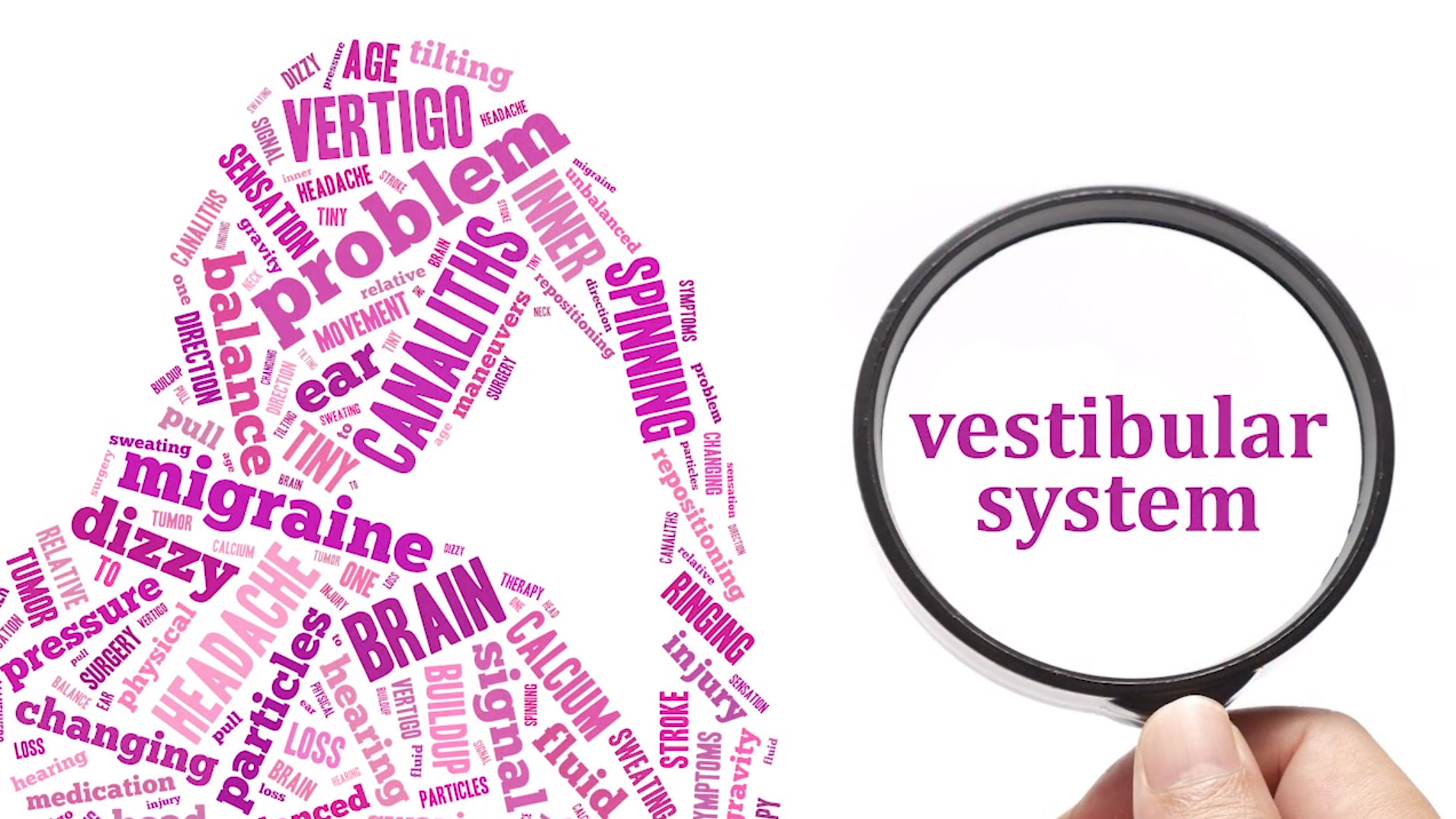
If you’re a practitioner wanting to achieve improve your clinical care of dizzy patients through better clinical protocols and guidance from the world’s top faculty in their areas of expertise, the International Online Vestibular Diploma is for you.
I know because I’m one of the 50+ international speakers who will be lecturing as part of the 6-week course that includes six modules, interactive sessions, case presentations, ask the expert sessions, final evaluation, and free, online clinical support for a two months period after the course in which new and existing practices can have questions answers, review traces, and access videos.
What impresses me about this Diploma is that the faculty includes distinguished clinicians and researchers from Neurotology, Audiovestibular Medicine, Otology, Neurology, Audiology, Vestibulogy and Vestibular rehabilitation from Physical Therapy backgrounds – that last group is where I fit in.
Due to extra demand, you have extra time to enrol in the International Online Vestibular Diploma because the deadline has been extended to October 15, 2020, and I’m writing about his here because I’m one of the presenters in this course which boasts
Who should consider doing the Diploma?
The target audience of participants for this course include:
- Neurotologists
- ENT
- Audiovestibular medicine physicians
- Neurologists
- Pediatric Otolaryngologists
- Audiologists
- Physical Therapists
- Occupational therapists
- Family medicine physicians
- Emergency medicine physicians
- Neurophysiologists
Professor Dr Margie H Sharpe and the International Online Vestibular Diploma
There are three main themes or topics I am lecuturing on as part of the International Online Vestibular Diploma.
Is There a Critical Period for Vestibular Rehabilitation of Patients with Unilateral Vestibular Loss?
For this lecture, I will argue and demonstrate how Vestibular Rehabilitation (VR) is safe and effective becuse tt has been shown to improve:
- Dynamic gaze stability
- Dizziness
- Balance and gait
- Quality of life
I will explain how VR accelerates functional compensation by decreasing the time constant of the recovery process, thereby optimising the final level of vestibular compensation (Lacour & Bernard-Demanze, 2014).
In 2019, Lacour and his colleagues reported earlier VR intervention is better than late for the recovery of Dynamic Visual Acuity (DVA) in patients with unilateral vestibulopathy (Vestibular neuritis).
The findings of this study raised questions:
- Is there a critical period for VR intervention to achieve optimal functional recovery in UVL patients?
- Is this critical period observed in different unidirectional rotation paradigms?
Given there is a critical period for VR intervention of DVA, this has major ramifications for patients’ quality of life and well-being, health care service delivery and health care costs.
Early vs Delayed Rehabilitation of Balance in Unilateral Vestibular Loss with Rotatory Chair Paradigm
In this lecture, I will explain how the vestibular system contributes to posture and balance, predominantly under more challenging conditions as demonstrated in healthy normal subjects who stabilised their body sway under sway-referenced visual and somatosensory conditions using vestibular inputs (Nashner et al., 1982; Black et al., 1983).
We know there is a critical or sensitive period for Vestibular Rehabilitation intervention for optimal recovery of the angular VOR in patients with unilateral vestibulopathy due to Vestibular neuritis (Lacour et al., 2020a), but we do not know if the same holds true for static and/or dynamic balance recovery in this clinical population.
Another important question was whether passive unidirectional rotation of the whole-body using the rotatory chair paradigm would improve static and/or dynamic balance?
This is the first study to report postural improvement in this clinical population using whole-body rotation towards the lesioned side — Rotatory Chair Paradigm. The best functional recovery of dynamic balance was observed when VR intervention was commenced within the first two weeks after the acute vertiginous episode and the first four weeks for VR intervention for static posture (Lacour et el., 2020b). The ramifications of these findings will be discussed.
Identifying blind spots in our understanding of the role of hearing and auditory cues in relation to balance and mobility
For this lecture, I will be outlining how hearing helps us know where we are relative to important events and objects in our environment and how it allows us to track our changing position dynamically over space and time.
For my practice, I will argue how treatment in the first two weeks after installation of hearing aids can be crucial for balance and mobility, and also reflect on how this relates to the impact of ageing on hearing.
I will share research by Campos J, et al (2018) about how auditory cues are used in combination with other sensory inputs (visual, vestibular, proprioceptive) to help us perceive our own movements through space, known as self-motion perception. Therefore, whether we are maintaining standing balance, walking, or driving, audition can provide unique and important information to help optimize self-motion perception, and consequently to support safe mobility.
You will discover how recent epidemiological and experimental studies have provided evidence that hearing loss is associated with greater walking difficulties, poorer overall physical functioning, and a significantly increased risk of falling in older adults. And, importantly, you’ll see how the mechanisms underlying the associations between hearing status and mobility are poorly understood.
The course main modules
The main modules of the International Online Vestibular Diploma cover the following areas over the six weeks:
- Basic science
- Clinical diagnosis
- Instrumental diagnosis
- BPPV
- Medical and surgical treatment
- Vestibular Rehabilitation Therapy
I look forward to meeting you and being part of your learning.
